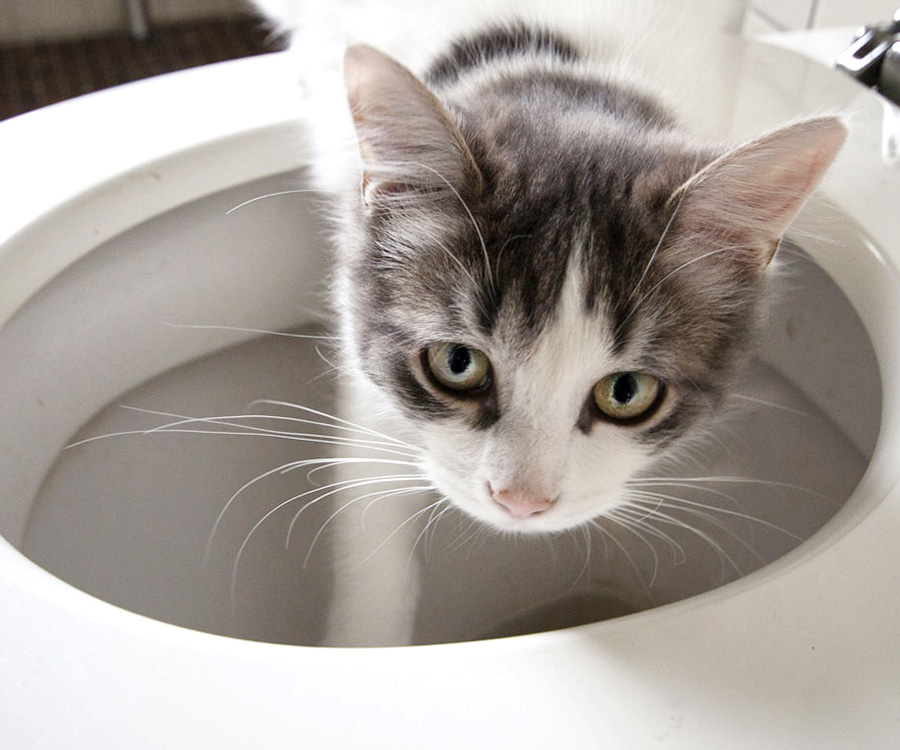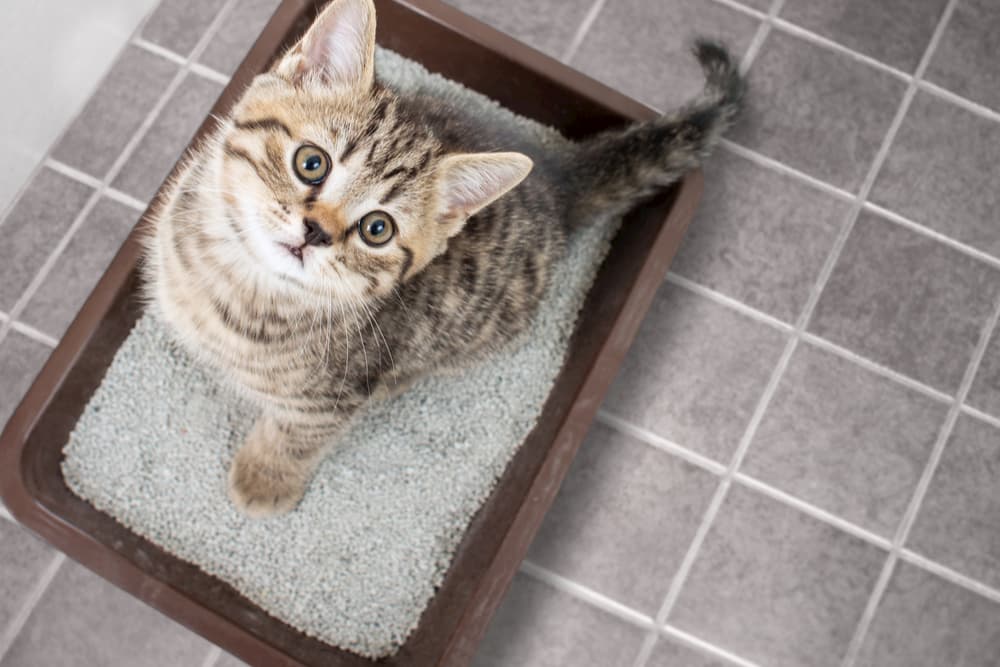Prevent Plumbing Problems: Never Flush Cat Poop Down Your Toilet - Professional Guidance
Prevent Plumbing Problems: Never Flush Cat Poop Down Your Toilet - Professional Guidance
Blog Article
We have uncovered this post involving Don’t flush cat feces down the toilet directly below on the internet and felt it made perfect sense to discuss it with you in this article.

Introduction
As feline proprietors, it's essential to be mindful of exactly how we take care of our feline buddies' waste. While it might seem hassle-free to purge feline poop down the commode, this practice can have destructive consequences for both the setting and human health.
Alternatives to Flushing
Thankfully, there are safer and extra responsible ways to get rid of pet cat poop. Consider the following options:
1. Scoop and Dispose in Trash
The most typical approach of disposing of cat poop is to scoop it into a naturally degradable bag and throw it in the trash. Make sure to utilize a specialized clutter inside story and take care of the waste without delay.
2. Use Biodegradable Litter
Opt for biodegradable cat trash made from products such as corn or wheat. These litters are environmentally friendly and can be safely gotten rid of in the trash.
3. Hide in the Yard
If you have a backyard, take into consideration hiding cat waste in a marked location away from vegetable yards and water resources. Make sure to dig deep enough to prevent contamination of groundwater.
4. Mount a Pet Waste Disposal System
Buy a pet dog garbage disposal system particularly developed for cat waste. These systems make use of enzymes to break down the waste, minimizing odor and environmental impact.
Wellness Risks
Along with environmental concerns, purging pet cat waste can additionally present health and wellness risks to human beings. Feline feces may contain Toxoplasma gondii, a bloodsucker that can trigger toxoplasmosis-- a potentially extreme disease, especially for expectant ladies and individuals with damaged immune systems.
Environmental Impact
Purging feline poop introduces hazardous pathogens and bloodsuckers into the water, posturing a considerable risk to water communities. These impurities can negatively impact aquatic life and compromise water top quality.
Conclusion
Accountable pet possession extends beyond giving food and sanctuary-- it also includes proper waste monitoring. By refraining from purging cat poop down the bathroom and opting for alternate disposal approaches, we can reduce our ecological footprint and secure human wellness.
Why You Should Never Flush Cat Poop Down the Toilet
A rose by any other name might smell as sweet, but not all poop is created equal. Toilets, and our sewage systems, are designed for human excrement, not animal waste. It might seem like it couldn’t hurt to toss cat feces into the loo, but it’s not a good idea to flush cat poop in the toilet.
First and foremost, assuming your cat uses a litter box, any waste is going to have litter on it. And even the smallest amount of litter can wreak havoc on plumbing.
Over time, small amounts build up, filling up your septic system. Most litter sold today is clumping; it is made from a type of clay that hardens when it gets wet. Ever tried to scrape old clumps from the bottom of a litter box? You know just how cement-hard it can get!
Now imagine just a small clump of that stuck in your pipes. A simple de-clogger like Drano isn’t going to cut it. And that means it’s going to cost you big time to fix it.
Parasitic Contamination
Believe it or not, your healthy kitty may be harboring a nasty parasite. Only cats excrete Toxoplasma in their feces. Yet it rarely causes serious health issues in the cats that are infected. Most people will be fine too if infected. Only pregnant women and people with compromised immune systems are at risk. (If you’ve ever heard how women who are expecting are excused from litter cleaning duty, Toxoplasma is why.)
But other animals may have a problem if infected with the parasite. And human water treatment systems aren’t designed to handle it. As a result, the systems don’t remove the parasite before discharging wastewater into local waterways. Fish, shellfish, and other marine life — otters in particular — are susceptible to toxoplasma. If exposed, most will end up with brain damage and many will die.
Depending on the species of fish, they may end up on someone’s fish hook and, ultimately on someone’s dinner plate. If that someone has a chronic illness, they’re at risk.
Skip the Toilet Training
We know there are folks out there who like to toilet train their cats. And we give them props, it takes a lot of work. But thanks to the toxoplasma, it’s not a good idea.

As an avid person who reads about Don’t flush cat feces down the toilet, I thought sharing that editorial was important. Are you aware of another person who is sincerely interested in the topic? Take a moment to share it. I praise you for your time. Come back soon.
Call Us Now Report this page